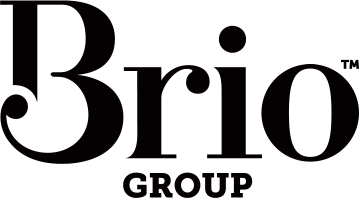Embarrassing typo, can you spell Australia?
I would certainly hope so!
Unfortunately, not only the manufacturers in Hong Kong but also, the contractor in Tasmania who outsourced the cloth badges for the Royal Australian Navy uniforms cannot spell Australia!
The uniforms were made for Navy officers serving in the Middle East. The badge includes an extra “L” in the word Australian. The news was reported by Seven News.
This is one of the worst cases of a typo mistake that I have seen recently, but I have seen many throughout my design career! I’ve seen some that make it to distribution and I have also seen typo’s that have been, thankfully, picked up in proofing or printed but not distributed.
Regardless of when these kind of typo mistakes happen, the cost to business can add up to a surprisingly large amount. Think about it. Time is money, wages are paid in return for time. So if time is spent reviewing, correcting, re-reviewing, rewriting, proofing, reprinting proofs, reprinting etc. then it’s not long before the hours add up and in the case of reprinting, then there is also added cost of consumables. If you want to take it one step further then you could also say that human errors have an impact on the environment. Reprints often may not be able to be recycled because of the process they are made, more trees are needed for paper, the paper needs to be manufactured, freighted, reprinted, redistributed etc. It really is a snow ball effect.
In the case of these Navy badges that are spelled incorrectly, they will need manual labour to remove the badges and sew on replacements and the old ones will not be able to be recycled so they will become landfill or incinerated (either way not good for the environment!). All because of an extra little “L”!
Then of course there is the intrinsic value of a brand being damaged by these mistakes. How often have you seen a mistake on a branded item and thought to yourself, “OMG, I can’t believe these people didn’t see this, what fools!” and you cannot see past the mistake to see what the information is about and therefore would not respond to the message. However there are cases where a deliberate typo or mistake is created to build a viral campaign. A recent example of this was when one of the MasterChef contestants posted a Tweet message about the show to be aired that night, the mistake got passed around the social network along with the brand MasterChef, and the ratings for that nights viewing saw an increase! Is that clever marketing or a mistake gone right?!
Coca-Cola have a very infamous advert that was created by an artist that caused considerable expense and embarrassment to the company in the mid 1980s. It was only meant to be a light-hearted joke but it backfired on the artist. He was not only fired, but also sued. If you want to read a bit more about this deliberate mistake (and you should!) read more here: http://www.snopes.com/cokelore/poster.asp
There is even a website dedicated to reporting mistakes found in various media (mostly American), visit http://www.regrettheerror.com
Have you seen an unforgettable or unforgivable mistake? Please share it with us.
Yours in always being right!
Paul.

